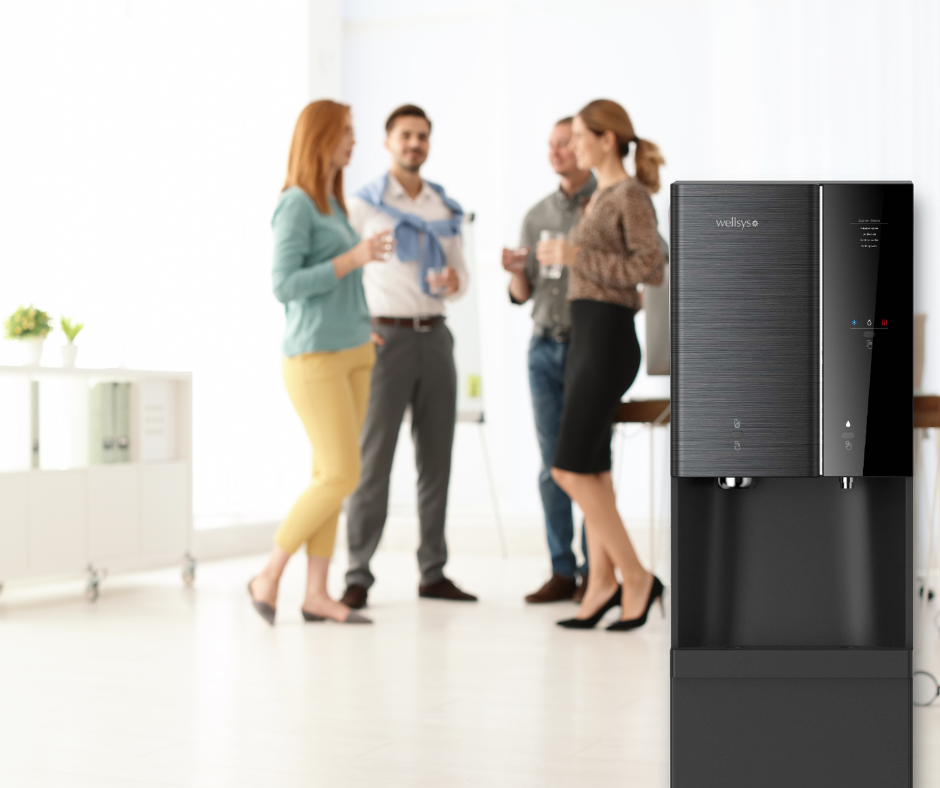In a world where convenience often outweighs consideration for the environment, the true cost of plastic bottled water remains largely hidden from consumers. While the appeal of portable hydration is undeniable, the environmental and economic repercussions of this seemingly innocuous product are far-reaching and significant. In order to help consumers consider the significance of these repercussions, this article delves deeper into the true cost of 100 plastic water bottles.
The Production Costs of 100 Plastic Water Bottles
The production of plastic bottled water begins with the extraction and processing of raw materials, primarily composed of petroleum-based plastics. This process not only consumes vast amounts of energy, thereby contributing to carbon emissions and environmental degradation, but it requires a significant amount of water; to be exact, in 100 plastic water bottles, 14,457 gallons of water is required. This amount of water is just behind the amount of water required for car production! According to a water footprint calculator, this “hidden water” is neither felt nor seen in almost every step in the production process, leaving a substantial water footprint. From molding the bottles to filling and sealing them, (surmounting to 20,000 gallons of water for 100 plastic water bottles) each step of production adds to the overall cost, both economically and environmentally.
The Transport of Plastic Water Bottles
Once produced, bottled water must be transported to distribution centers and eventually to retailers, often over long distances. This transportation process consumes additional energy and generates greenhouse gas emissions, contributing to air pollution and climate change. More precisely, 28 or more barrels of oil are depleted to make this transportation of plastic water bottles possible, and for what reason? Convenience? The logistics of transporting millions of bottles globally result in a significant carbon footprint, as trucks, ships, and planes are utilized to meet consumer demand for bottled water, a rather inconvenient side-effect!
Examining the Environmental Impact of Plastic Water Bottles
Perhaps the most glaring cost of plastic bottled water is its detrimental impact on the environment. Despite efforts to recycle, a staggering amount of plastic bottles end up in landfills, rivers, and oceans, where they persist for centuries, polluting ecosystems and endangering wildlife. While Americans throw away 35 billion empty water bottles a year, only 12 percent are recycled. That means that 80% of plastic water bottles we buy end up in landfills.
The production and disposal of plastic bottles contributes to a range of environmental issues, including habitat destruction, water pollution, and the release of harmful chemicals into the environment. Microplastics, which are small plastic particles resulting from the breakdown of larger plastics, have been found in water sources, marine life, and even the food we consume, posing potential risks to human health.
Cost Savings Solutions and Increased Sustainability
While addressing the aforementioned repercussions may be seen as both political and costly, there is a much simpler, apolitical solution. As consumers, we have the power to make informed decisions and advocate for solutions that simultaneously promote cost-savings and increased sustainability, without sacrificing convenience. By recognizing the true cost of plastic bottled water, we can take meaningful steps towards a more sustainable future for our planet and future generations by eliminating plastic water bottle use altogether.
In addition, as consumers, we can educate ourselves on the newest, latest, and greatest innovations, like advanced water filtration strategies, as a means of accessing convenient hydration.
Introducing Advanced Water Filtration Strategies
Advanced water filtration strategies like those provided by Optimum FloWater, will move the consumer from a position of reliance to a position of empowerment in gaining consistent access to high-quality drinking water, at a cost-savings and with increased sustainability. Offering a 7-step filtration process featuring reverse osmosis, advanced water cooler solutions provide a better solution than plastic water bottles by a long shot.
Indeed, with the latest and greatest innovative alternatives to plastic water bottles, the consumer is presented with a myriad of alternatives. Instead of using 20,000 gallons of water to mold, produce, fill, and seal 100 plastic water bottles, (with subpar quality to boot), one could fill 320,000 glasses of high-quality drinking water, using an existing source! Alternatively, with 20,000 gallons, one could opt to do 771 loads of laundry, or flush a high-efficiency toilet 15,000 times! More choices, better quality, and impactful solutions are best. Consider the alternatives yourself by exploring the choices presented by Optimum Water Solutions. Clearly. Pure. Water.



